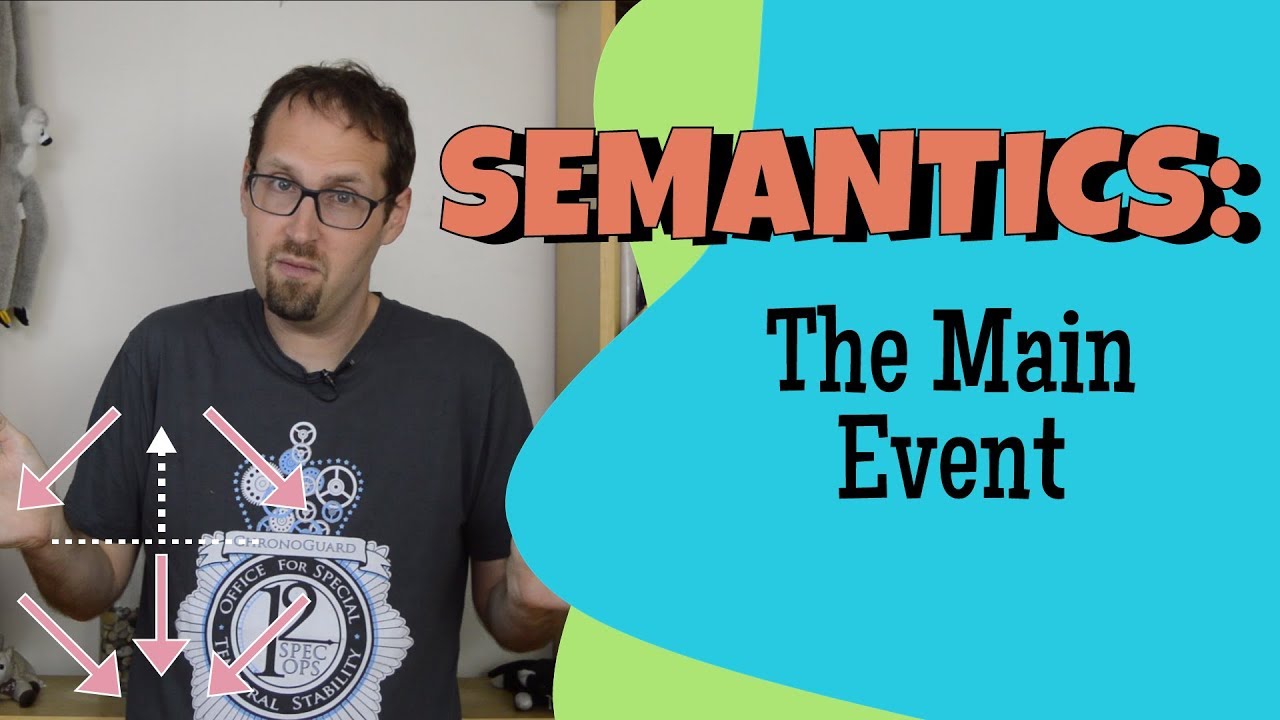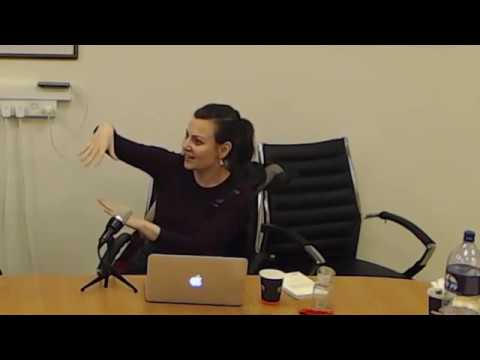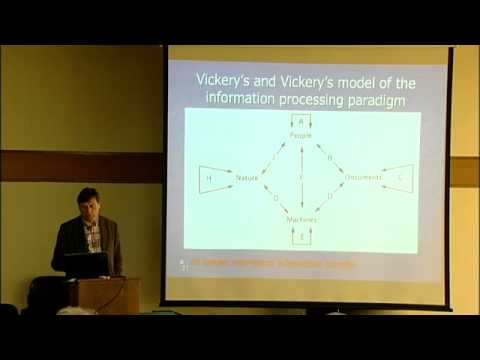The Ling Space
How do events factor into our mental linguistics? How can we adjust our logic to capture different sentence permutations? In this week’s episode, we take a look at event semantics: what problems they’re meant to solve, how they help us limit time and place in our sentences, and what evidence we have that events are real.
This is Topic #92!
This week’s tag language: Tswana!
Related videos:
Meaning Predicated on Logic: Predicate Logic – https://youtu.be/al5SJSbIyvM
Split Personality: The Syntax of VP Shells – https://youtu.be/lY1X2BnjmNI
Relatively Close: The Syntax of Relative Clauses – https://youtu.be/Bra5gExyPbY
Last episode:
Bending the Truth: The Linguistics of Propaganda and Censorship – https://youtu.be/X82SFZ_eXOU
Other of our semantics videos:
Downward Spiral: Negative Polarity Items – https://youtu.be/vd8cjyxHQdw
Topic of Focus: Information Structure – https://youtu.be/gZ6o8yFvJYI
Operation Relevance: Relevance Theory – https://youtu.be/yRv1agt776c
Our website also has extra content about this week’s topic, on different kinds of events, at: http://www.thelingspace.com/episode-92/
Find us on all the social media worlds:
Tumblr: http://thelingspace.tumblr.com/
Twitter: http://twitter.com/TheLingSpace
Facebook: http://www.facebook.com/thelingspace/
And at our website, http://www.thelingspace.com/ !
You can also find our store at the website, https://thelingspace.storenvy.com/
We also have forums to discuss this episode, and linguistics more generally.
Sources:
Davidson’s original paper on event semantics: http://verbs.colorado.edu/~mpalmer/Ling7800/Davidson.pdf
A useful handout that gets into the entailment patterns: http://people.umass.edu/partee/RGGU_2005/RGGU05Lec12.pdf
A handy and short summary of the topic: http://semanticsarchive.net/Archive/jFhNWM2M/eventbasedsemantics.pdf
Looking forward to next time! .




[def] LORD.[sg] RETURN.[3sg.archaic]
Oh my goodness.
I used to have a conlang I worked one that was VSO and the stem of the verb was always capitalized (prefixes, not).
But that makes sense. I hope it continues to work out.
I do sometimes wonder if prepositional phrases and some cases could be seen as special kinds of adverbs.
schmerzlich willkommen
If you want to model verbs as predicates, you can still get very far. As long as you accept that the types of arguments might imply different semantics. For example: Jane grieved for many years. vs Jane grieved the death of her cat. The first predicate takes a subject (nominative) and a modifier, and the second takes a subject and an object (both nominatives). In English these seem like two different type signatures for a polymorphic predicate. However, since they are always syntactically different, we might imagine that in some other language, the two verbs are different such as grieve vs begrieve.
Oh my, this is some food for thought
I'm only at introductory level in logic so that might contribute to it, but this idea is pretty mind blowing to me, like, this Davidson guy definitely has a point
Great video as always 🙂
Woo you're back!
Beautiful.
I got distracted by the looper blue ray.
I don't really get why we should turn sentences into over generalized math statements and I especially don't get why we need to turn "Katrina grieved" into anything when we have descriptive language to talk about language already
Amazing work as always. Good little gymnastics for the brain.
I was wondering how we could interpret the classic "A person is run over every 5 minutes" according to that. Due to the habitual aspect of the verb, it doesn't refer to a single punctual event, and we don't have a way to know if that person is the same in every iteration, hence the double meaning of the sentence.